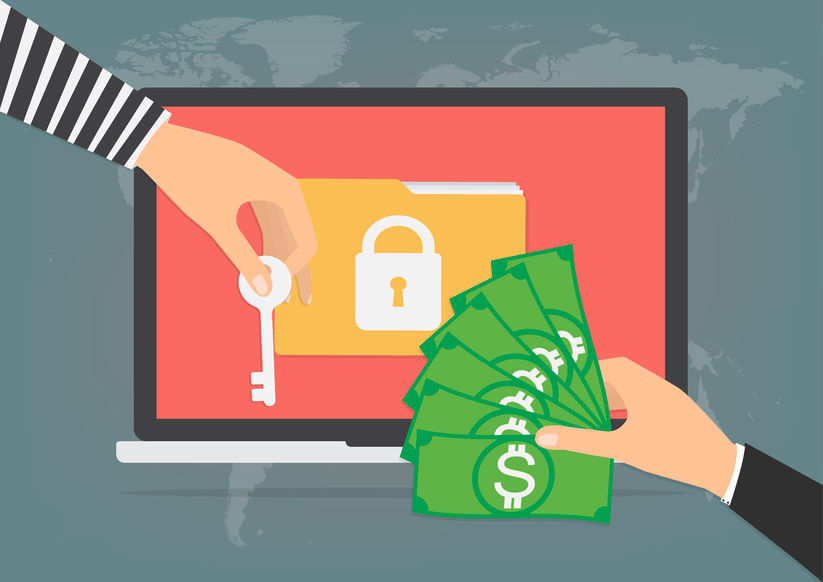
When crypto-ransomware first hit the scene, it targeted home users. Eventually, plenty of hospitals and other healthcare providers were hacked. Ransomware hackers have since moved on to corporate networks. It is clear that this form of cyber attack is working quite well. There are no signs that the hackers responsible for ransomware infiltrations will slow down any time soon.
The Growing Ransomware Threat
A recently released Kaspersky Labs report puts the gory details of the latest ransomware attacks on full display. Crypto-ransomware attacks jumped six-fold over the past year. All in all, 718,000 victims fell prey to the nasty malware. It is a remarkable increase from the 130,000 or so who were victimized across the prior 12 months.
A Dynamic Threat That is now Targeting Corporate Users
Though home computer users still constitute the majority of ransomware victims, the scope of the attacks has greatly expanded in the recent past. Corporate networks now account for more than 10 percent of ransomware infections. According to the Kaspersky Labs report, ransomware primarily targets small to medium sized businesses. Ransomware infects networks, encrypts user files and holds those files hostage until a specified ransom is paid through Bitcoin currency. Once the ransom is paid, access to the files is returned to the user(s). If the ransom is not paid in full in the 96 hours following the attack, the target’s files are erased. This is certainly bad news for home users yet the mass deletion of a corporation’s files has the potential to cripple its business.
Ransomware Attacks are Paralyzing Businesses
As soon as a ransomware attack occurs on a corporate network, most business activity ceases. The hackers are in full control of the company’s files. If company leaders refuse to pay the ransom, they lose their files forever. If those files stored critically important data, the company could lose clients and possibly be forced out of business. This is precisely why most business owners and executives decide to pay the ransom without delay.
To pay or not to pay? That is the Question
Though most ransomware victims pony up the requested ransom, Kaspersky Labs personnel state that succumbing to hackers’ demands is the wrong decision. Paying hackers to relinquish control of company files encourages the ongoing spread of ransomware. Hackers’ confidence grows with each bitcoin ransom haul. This money provides hackers with the financing they need to create even more complicated ransomware hacks that will inevitably devastate more businesses. Instead of adopting a defeatist attitude and giving in to hackers’ ransom requests, companies should be proactive by backing up files on a regular basis. Use extra servers as well as the cloud for data preservation efforts. This way, you won’t feel as though your only option is to pay the ransom. You’ll be in a position of power as you prudently backed up your files to multiple sources.



